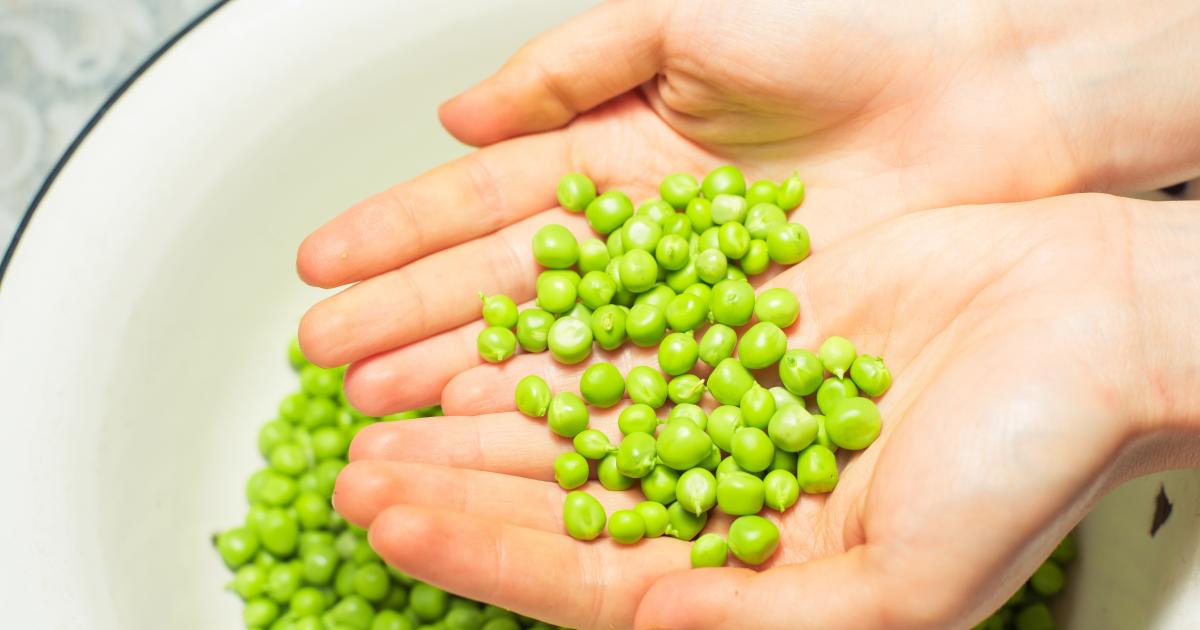
Suggested video What products are in season in February?
Video 1 of 2
Frozen peas are often overlooked in favor of fresh produce, but according to gastroenterologist William Berrebi, the latter offer considerable nutritional benefits. In a video posted on TikTok, the health professional revealed four benefits that these little green vegetables are full of. In addition to their richness in minerals and vitamins, frozen peas also have many benefits.
@drwilliamberrebi#peas#prebiotiques#probiotics#dysbiosis#microbioteintestinal#thankyoudoctorpodcast#doctorwilliamberrebi#sante#medicine#microbioticmedicine#drwilliamberrebi#psychobiotics#porousgut#leakygut#intestinpermeable#hang up#overweight#nash#insulinoresistance son original – drwilliamberrebi
Frozen peas are an excellent source of prebiotic fiber. These fibers feed the good bacteria present in your intestine and thus promote healthy intestinal flora. Their presence in frozen peas also contributes to the satiety effect.
If you’re watching your calorie intake, frozen peas are a smart choice. With only 71 calories per 100 g, these are low in calories while being rich in essential nutrients. Plus, their low glycemic index means they don’t cause a blood sugar spike. According to the words of Doctor William Berrebi, this is 35 out of 100.
Frozen peas also stand out for their high protein content. With 5.8g of protein per 100g, they far outperform most other vegetables. This characteristic makes them particularly interesting for those looking to increase their plant-based protein intake.
Vitamin C is not exclusive to oranges, kiwis or peppers. Frozen peas are also an excellent source of this essential vitamin. The latter plays a crucial role in strengthening the immune system, skin health and cell regeneration.
Source:https://www.750g.com/voici-les-4-avantages-a-manger-regulierement-des-petits-pois-surgeles-selon-ce-gastro-enterologue-a36459.htm


